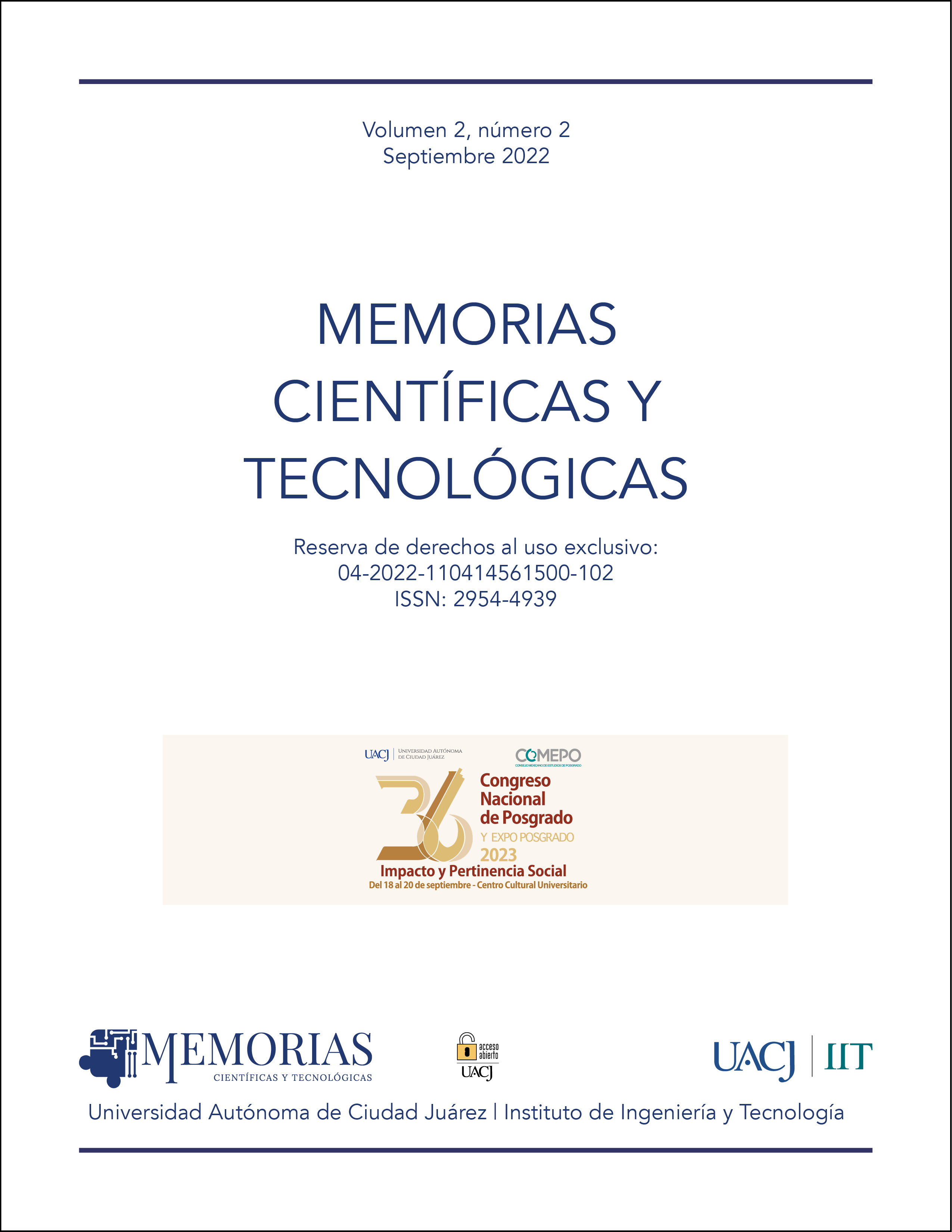Learn in community. Collaborative strategies in the training of special education professionals
Keywords:
community education, special education, professional ethics, postgraduate education, teaching practiceAbstract
In the Mexican postgraduate studies at the end of the 20th century, the common desire referred to joining efforts to form an academic community to minimize the fragmentation of university life, promote belonging and commitment, in addition to encouraging the involvement of teachers and students in institutional dynamics. Today, of a community interest within the Institutions of Higher Education, there is an appeal to look abroad, to know the needs of the community, to encourage the situated character of higher education, especially postgraduate. In the country, while in the undergraduate social service and professional practices constitute two strategies rooted in the student experience to link university education with the community; in the postgraduate, from the recent governmental initiatives, the social character of the formative trajectories is redimensioned. In this context, the objective of this study is to analyze the collaboration mechanisms, in the form of strategies, procedures and tools, used in a special education postgraduate course to meet the needs of the community to assess the social impact of the program as a feature of its graduation profile. The work is part of the curricular redesign of the program, particularly at the stage of evaluation of the curriculum in the external aspect, linked to the attention to the problems of the community. For this, the experience of students, graduates, teachers, and users of professional services was recovered through the review of documents such as degree projects, student records and reports from the different university instances. The primary material was analyzed in the flow of three simultaneous activities: a. condensation, with the purpose of selecting, focusing, abstracting, and transforming information; b. visualization, based on a qualitative analysis matrix, the corpus of empirical material was structured; and c. verification of conclusions, to observe patterns, explanations, and propositions. Based on the analysis, six collaboration mechanisms were identified: 1. Curriculum; 2. Graduation projects; 3. Social compensation activities; 4. Immersive practices; 5. Linkage; and 6. Support Services. The work concludes the social and community character of the program, its correspondence with the principles of Community-Based Pedagogy, as well as the dialectical relationship between the university and society. Although the results of this phase constitute an important input for the curricular evaluation of the program, other perspectives are required to identify areas of opportunity for improvement, particularly, given the recent assessment of the official instances whose result places the program “in review”.



